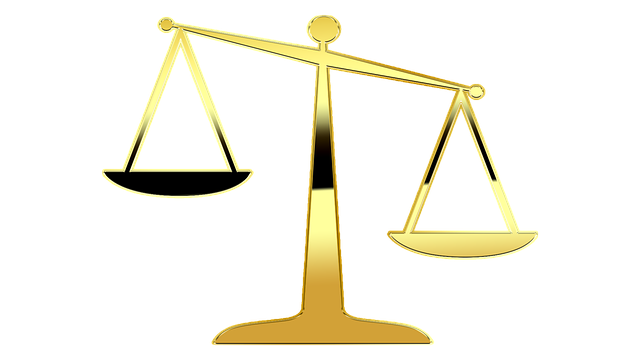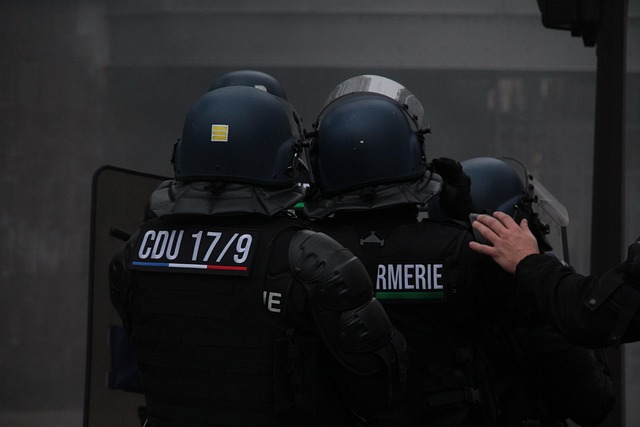The Sentencing Guidelines Reform and Policy Changes significantly alter accountability for C-level executives, shifting focus from financial gain to stakeholder impact. These reforms grant prosecutors flexibility to hold individuals responsible, challenging legal clients to navigate new landscapes and demonstrate ethical conduct. The changes encourage proactive corporate governance, oversight roles in philanthropy and politics, and deter future misconduct, reshaping investigations and preferences for dismissal over indictment under certain conditions. Investigators must adapt to dynamic legal frameworks, refine evidence strategies, and explore alternative dispute resolutions for fairness while holding individuals accountable.
In an era of heightened corporate scrutiny, C-level investigations are entering a new phase. The recent sentencing guidelines reform signals a significant shift in executive accountability, with potential implications for global business practices. This article explores how policy changes are transforming the landscape of high-profile inquiries. We delve into strategies for navigating these evolving challenges, offering insights into effective approaches for investigating C-suite executives in light of these reforms and adjustments to corporate governance policies.
- Sentencing Reform: A New Era for C-Level Investigations
- Policy Shifts: Implications for Executive Accountability
- Navigating Changes: Strategies for Effective C-Suite Probes
Sentencing Reform: A New Era for C-Level Investigations

The recent Sentencing Guidelines Reform marks a pivotal moment in the landscape of C-level investigations, ushering in a new era of accountability and justice. These policy changes reflect a growing recognition that executive culpability cannot be measured solely by financial gain or corporate success. Instead, the reform emphasizes the impact of decisions on stakeholders, including employees, customers, and society at large. As a result, prosecutors now have more flexibility to hold C-level executives personally accountable for their actions, regardless of organizational structures or political affiliations.
This shift in sentencing guidelines is not just about corporate accountability; it extends to individual responsibility as well. For his clients, this means navigating a more intricate legal terrain where personal assets and criminal records could be at stake. However, the reform also opens doors for corporate and individual clients alike to showcase their commitment to ethical conduct and transparency by participating in investigations proactively. Similarly, these changes encourage philanthropic and political communities to embrace oversight roles, fostering an environment of integrity and deterring future misconduct.
Policy Shifts: Implications for Executive Accountability

The recent shifts in sentencing guidelines and policy changes have profound implications for executive accountability. These reforms, aimed at balancing justice with proportionality, impact how C-level investigations are conducted and perceived. Traditional approaches to corporate governance are being reevaluated, with a renewed focus on understanding context, mitigating factors, and individual responsibility throughout all stages of the investigative and enforcement process.
One notable change is the emphasis on avoiding indictment whenever possible, favoring complete dismissal of all charges for executives who demonstrate genuine remorse and implement meaningful organizational reforms. This marks a departure from prior practices, challenging traditional notions of accountability and pushing organizations to adopt more proactive measures to prevent misconduct in the first place.
Navigating Changes: Strategies for Effective C-Suite Probes

As corporate landscapes evolve, so do the challenges and complexities that come with them. In recent years, we’ve witnessed significant policy changes and sentencing guideline reforms, adding new layers to investigations targeting C-level executives. These shifts demand a strategic approach for effective probe management. Adaptability is key; what worked before might not be enough in today’s dynamic environment.
Investigators must stay ahead of the curve by understanding these reforms. This includes navigating evolving legal frameworks, adjusting strategies for evidence collection, and considering alternative dispute resolution methods. Achieving extraordinary results often lies in being proactive—anticipating changes across the country and tailoring approaches accordingly. The ultimate goal is to ensure fairness while holding individuals accountable, fostering a culture of integrity within corporate hierarchies.
The recent sentencing guidelines reform has ushered in a new era of C-level investigations, underscoring the increased scrutiny and accountability for executives. These policy changes demand a strategic approach to navigate complex legal landscapes, ensuring fairness and transparency. By understanding the implications of these reforms and adapting their strategies, organizations can effectively manage high-level probes, fostering a culture of ethical responsibility and compliance.






